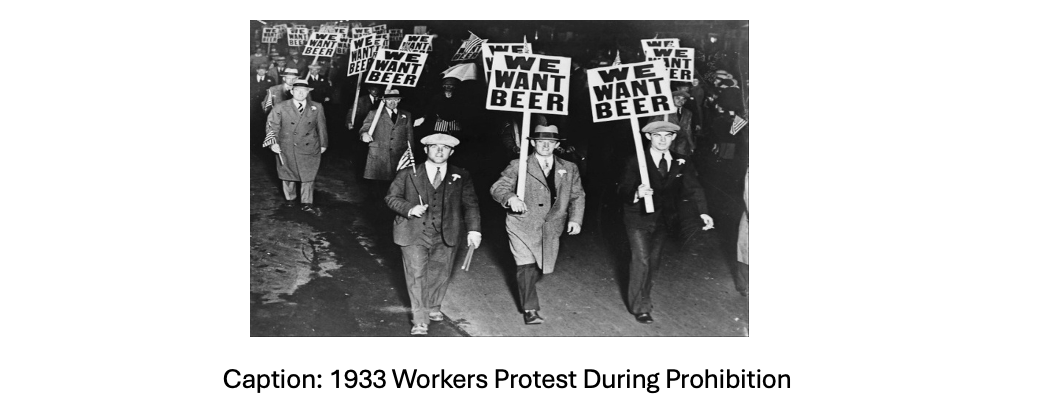Last week marked the beginning of the Major League Baseball season and one of the earliest home opening games for the Minnesota Twins. While the Twins lost to the Houston Astros 5–2, hope remains high for their performance this year. Despite being a small-market team, the Twins consistently outperform larger payroll teams. A key reason for this success is their philosophy known as “Beer and Tacos.”
Since Michael Lewis published the book Moneyball, teams with larger payrolls have aggressively adopted analytics for team building. However, the Minnesota Twins have taken a different approach, one that has proven effective over time. They continue to employ old-school scouts and invest in a robust farm system, now including the St. Paul Saints. Their analytics staff collaborate with scouts to evaluate prospects, resulting in a consistent, top-notch team.
Twins amateur scouting director Sean Johnson recently described this “Beer and Tacos” method as blending old and new baseball philosophies: “What’s better? Beer or tacos? Beer and tacos together are the best of the three.” In this analogy, beer represents analytics, while tacos symbolize the insights from experienced scouts. If analytics suggest a player is promising but scouts feel something is off, the team will reconsider. Conversely, if scouts have a strong belief in a prospect that analytics don’t support, the team will continue searching for better options.

The Minnesota labor movement can learn valuable lessons from the Twins this season! Trade unions, like MLB teams, work under two competing philosophies concerning success for their members. Some unions act purely as special interest groups, prioritizing the interests of their members irrespective of broader implications. Others work to raise wages and living standards for the entire working class, even when the benefits for their own members are indirect.
For example, the Police Officers Federation of Minneapolis (POFM) operates strictly as a special interest organization. They do not affiliate with the Minnesota AFL-CIO and primarily focus on defending their members, regardless of the consequences. The POFM spends millions annually defending officers accused of misconduct and has notably defended Derek Chauvin during his murder trial. While they campaign for high pay and benefits, their actions often come at the expense of other city employees and taxpayers.
While the POFM does engage in political advocacy, it frequently contradicts the interests of the broader working class. They argue that if the city allocates more funds for parks, schools, or social services, it diminishes resources available for expanding the police force or increases in members' wages and pensions. This stance distinguishes the POFM from the authentic labor movement in Minnesota. Their approach can be likened to “all tacos and no beer.” While tacos alone may suffice for survival, it leaves you thirsty and seriously lacking in fun!

On the other hand, some unions sometimes opt for an “all beer” lunch. Beer is delicious and, except for the craft options, generally union-made! But relying solely on beer carries serious risks, and likely a hangover the next morning. Organizations that push policies with minimal impact on their members but positively affect the broader working class exemplify this all-beer approach. For instance, the labor movement has been a key advocate for raising the minimum wage. Very few union members actually earn minimum wage though, meaning the benefits to our members are real but indirect. A higher minimum wage raises the baseline upon which unions bargain and exerts upward pressure on all wages, ultimately benefiting union and non-union workers alike. But the vast majority of the benefits are accrued in non-union positions.
Surprisingly, the cost of winning a minimum wage campaign (which is surprisingly modest) is dwarfed by the costs of the campaigns unions organize to raise pay through collective bargaining alone! Our Union invested twice as many resources in the 49-day strike for 80 members at Essentia Deer River than we did to win a statewide minimum wage increase (indexed to inflation) that benefited more than a million Minnesota workers.
So, the question arises: should unions prioritize winning for their own members as special interest organizations or concentrate their resources on benefiting the broader working class? Like the Minnesota Twins, I argue that blending these two philosophies is the path forward for the labor movement. We need “Beer and Tacos” together for success!

The Minnesota labor movement, more than any other, already embodies the principles of this Beer and Tacos philosophy. Since raising the minimum wage in 2014, unions have successfully fought for improvements in state laws benefiting both the broader working class and the majority of union members at the same time. For example, the Paid Family and Medical Leave Act, taking effect in 2026, will provide workers with up to 20 weeks of paid leave per year for health emergencies, caring for a new child, or supporting a sick loved one. These generous benefits were not widely available to union members prior to this advocacy campaign. Similarly, the new Earned Sick and Safe Time law expands access to sick leave, protecting workers from restrictive attendance policies and benefits nearly every worker in the state- union and non-union- alike.
However, issues continue to arise where some unions advocate for policies benefiting their members even it comes at the expense of the broader working class. The debate around mining in the boundary waters illustrates this tension.
While mining in Northern Minnesota, in general, is universally a pro-labor position, mining at the Twin Metals location specifically concerns those who care about the environment and the jobs related to the nearby tourism and wild rice agricultural communities. A few unions could gain thousands of well-paying jobs if we mine in the boundary waters, but the significant risks to the watershed and livelihoods of even more workers in the surrounding communities are very real. As a result, the debate of whether specific mining projects are “pro-labor” have roiled the labor movement and DFL party more than almost any other. Is the Twin Metals project “pro-labor” or the project of a union operating as special interest?
This year, another public policy concern has divided the labor movement. That is the proposal to exempt data centers from paying taxes, not just on the construction of the building site, but also on their operations, energy use and profits. The data centers are owned by the largest and richest companies on the planet: Meta, Google, and Amazon. Tax breaks associated with the proposal are so big (meaning hundreds of millions of dollars) that the bill would prevent the state from even collecting information to know how big they become.
Many economists believe the data centers will be built regardless of whether the tax breaks exist because of the sheer size of investment in AI technology that is happening. But the handful of unions that would benefit from the work are so eager for the promised jobs that they are lobbying hard for the data center proposal. Are tax breaks for Jeff Bezos and Mark Zuckerberg now suddenly “pro-labor”? Absolutely not!

It would be one thing, if the unions were upfront, that this bill is good for their members, and they approached the issue with the humility they are operating in the frame of a special interest organization. Unfortunately, they want the rest of the Labor Movement to support their lobbying efforts and to call tax cuts for billionaires a “pro-labor” bill. This we cannot do. It is very rare for Unions to square off against each other on an issue at the capitol, but several Unions, including ours, have opposed the expansion of this tax break for the richest people on the planet. In response one Union has threatened to withdraw from the Minnesota AFL-CIO. Sadly, I think we might need to let them go.
This dispute in the house of labor is really about the philosophy of our labor movement. Are we acting as the “Labor Movement” when we advocate for our special interests alone, or are we acting as the “Labor Movement” when our issue advances our members and the broader working class together?
I do not begrudge any Union that is advocating for their members and their jobs. But for Minnesota’s Labor Movement to thrive, year in and year out like the Minnesota Twins, we need a consistent philosophy about what being “Pro-Labor” means. For me, an issue can only truly be a “Pro-Labor” when it lifts up our members and the broader working class together. Minnesota’s Labor Movement needs more “Beer and Tacos”!
--
Read more about SEIU HCMNIA President Jamie Gulley here.
LEGAL DISCLAIMER: The commentaries herein represent the authors' personal views and opinions only, not the Union's official position. Content is for educational and entertainment purposes only. Readers should evaluate independently and seek additional sources. The Union, its Executive Board, Officers, Staff and membership neither endorses these viewpoints nor assumes liability for actions taken based on this information.

